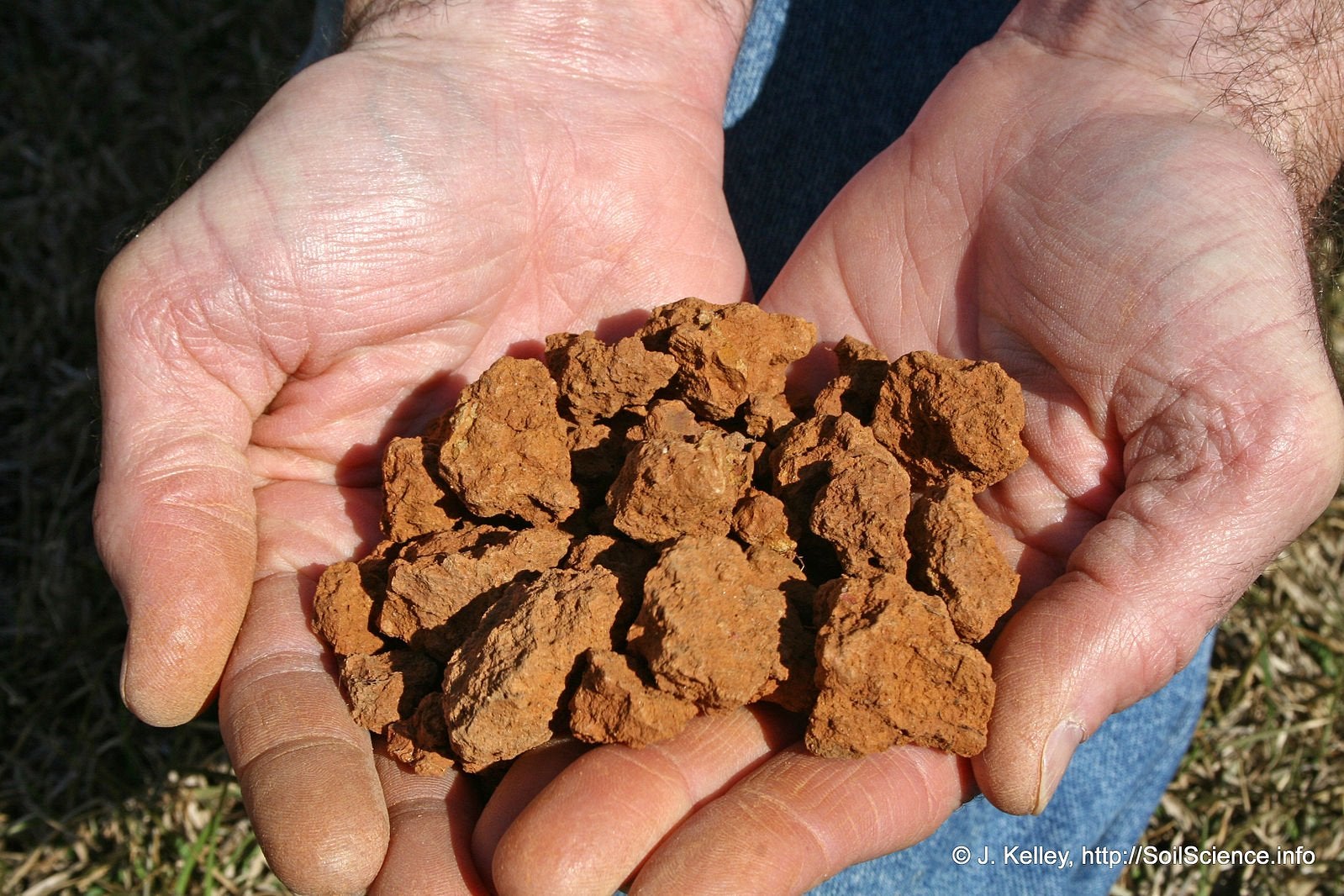Spring is almost here and as it approaches; garden preparation becomes important.
When it comes to vegetable gardening the most important thing is soil sampling.
“Soil sampling is the number one thing people should be doing,” Columbia County Agent Tripp Williams said.
The soil sample will provide information about what nutrients are in the garden area as well as what nutrients are deficient or in abundance. The pH value of the soil sample will provide the gardener with ideas about plants that will best prosper in the soil. The sample will also indicate which fertilizer is needed so gardeners can make best choices for soil amendment and planting.
The best tool to use, according to Williams, is a pen and paper. A gardener can use pen and paper to keep track of what has been planted and what is going to be planted. It also allows data to be recorded and referenced in future gardening.
“Clyde Lester was the retired agent for Richmond County, and his best tool was his pen and paper,” Mr. Williams said.
[adrotate banner=”29″]
Notes allow people to lay out how they want their garden to be arranged as well as how large a crop will be. This will also help gardeners remember which crops don’t do well in a particular environment or garden.
When it comes to landscape, February is the time to prune. The branches that are dead or crossing can be pruned back. The leaves can be used for mulch.
“Leaves return nutrients to the soil if they are mulched up finely,” Williams said.
Those leaves-turned-mulch can be used for a ground cover. If leaves are left piled up, moisture can kill the grass. A large abundance of leaves will cause the grass no to grow.
The perennial plants can be pruned back as well in February. This will help with their cold tolerance.
The protection of plants is just as important as the preparation. Serious damage can occur from insects, diseases and nematodes. If nematodes are detected, then immediate action is needed before a crop is planted. In some cases, the cold will kill insects that might be present, or birds will pick them up. The important thing is the kind of insect that is infecting the crop.
“Ensure that you identify the insect before spraying,” Tripp Williams said.
The transition to spring brings different insects that might be in the garden. Insects and disease appear in mid-to-late April. Not all insects are pests; some are beneficial, and it is important to know the difference between the two kinds.
For more information on gardening preparation, the University of Georgia has great publications online. The best one recommended by Tripp Williams is, “Vegetable Gardening in Georgia.”
Sarah Beth Battles is a correspondent for The Augusta Press. Reach her at producers@theaugustapress.com.
[adrotate banner=”20″]











